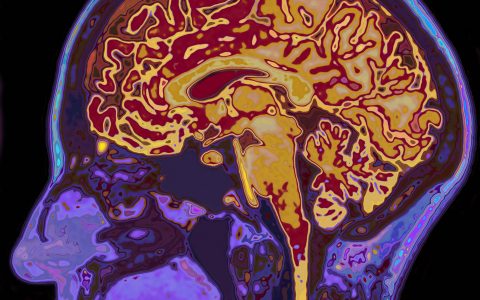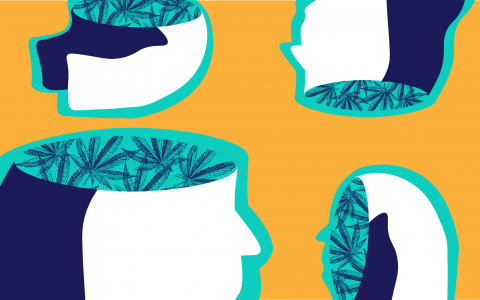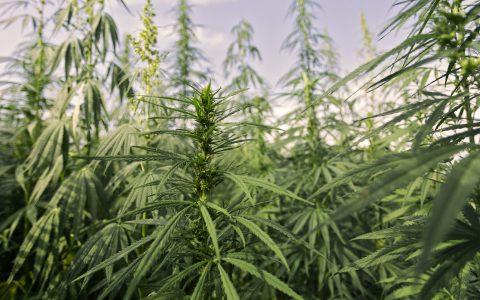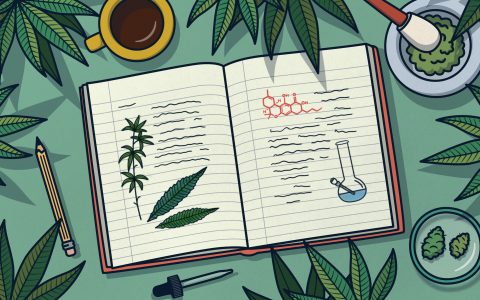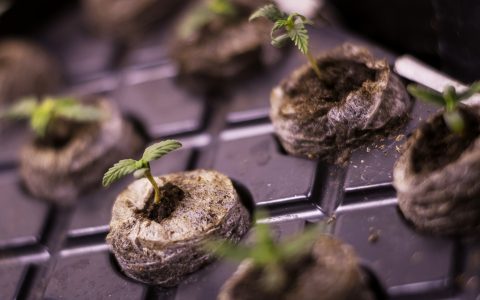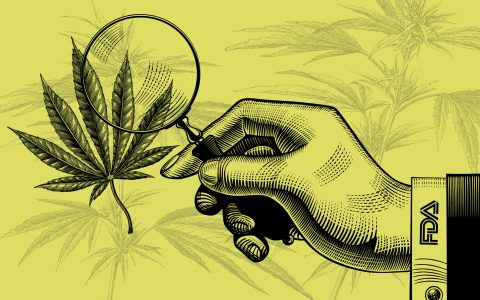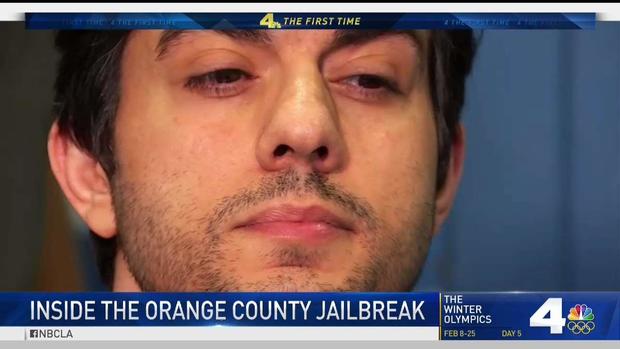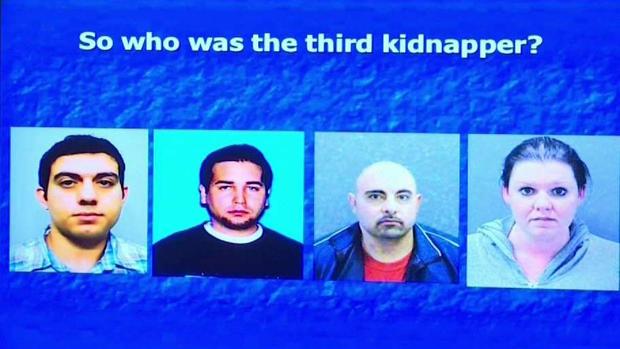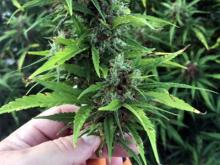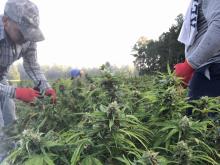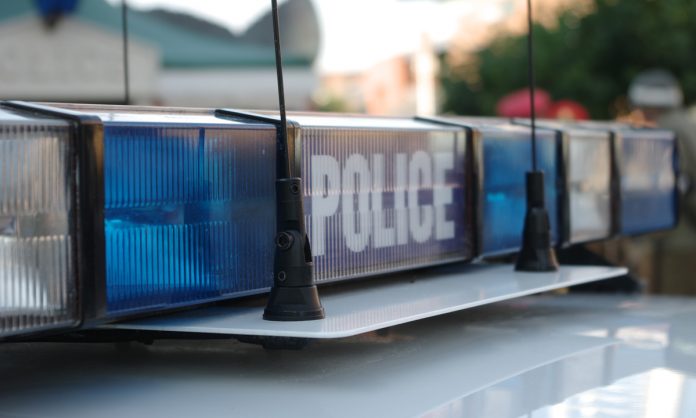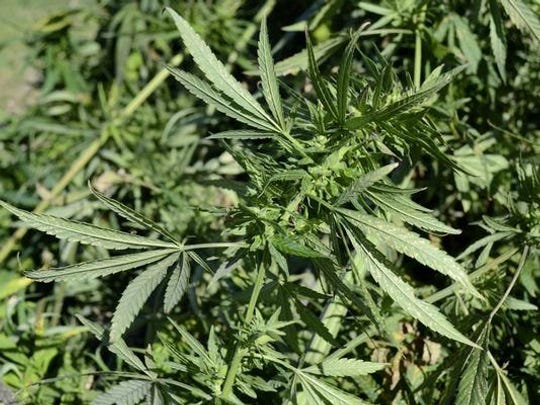Baron23
Well-Known Member
I have felt for a while that we needed this thread title for crappola like this below.
In addition to being atrocious, apparently there is some sort of different math being used in IL.
No way he had 40 lbs of chocolate, no way is edible weight necessarily equal to MJ weight, and this whole thing is such a travesty that I want to hide in shame that this crap is being done by my fellow human beings.
Cancer patient in Illinois sentenced to four years in prison for marijuana
On May 31, the Illinois General Assembly voted to make Illinois the 11th state to legalize recreational cannabis. The new law will take effect January 1, 2020. But Thomas J. Franzen, a Stage 4 cancer patient, will watch that historic day pass from behind bars, as he serves out the remainder of a four year prison sentence for marijuana. On May 30, a Kane County judge sentenced Franzen after he pled guilty to possessing more than 5 kilograms of cannabis in the form of THC-infused chocolates.
Franzen ordered the marijuana edibles from California in 2014, and police initially charged him with drug trafficking, which carries a 12 to 60 year sentence. In light of Franzen’s medical condition and Illinois’ recent moves to expand medical marijuana access and legalize adult use, Franzen’s attorney says the judge presiding over the case is being lenient in his sentencing. But due to the quantity of cannabis involved, Franzen will have to serve at least a few years behind bars.
Illinois Cancer Patient Self-Medicated with Cannabis
Thomas Franzen is a resident of suburban Chicago. For years, he has been fighting an aggressive form of testicular cancer that has spread to his lungs and abdominal cavity. He also suffers from renal cancer in one of his kidneys. So like many cancer patients suffering from painful symptoms and the severe side-effects of cancer treatments like chemotherapy and radiation, Franzen turned to cannabis for relief.
In 2014, Franzen ordered an illicit package of marijuana edibles from California—430 individually foil-wrapped cannabis chocolates, according to court documents. As the package was en route to Franzen, Illinois law enforcement intercepted it. They subsequently charged Franzen with a number of drug charges, including possession of drug paraphernalia and trafficking more than 5,000 grams of marijuana.
As happens with so many criminal cases in the U.S.’s over-burdened legal system, Franzen decided to plead guilty to reduced charges rather than fight his case in court and face a potential 12 to 60 year prison sentence for drug trafficking. As a result, prosecutors dropped the trafficking charge, and Franzen pled guilty to possessing more than 5,000 grams of cannabis. Now, Franzen will spend at most four years in prison, rather than the much longer sentence he initially faced.
“Franzen is expected to serve less than half of the sentence,” said Franzen’s attorney, David Cambic. “We’d hoped to convince the prosecution to give him probation. The judge was cognizant of his health and wanted to give him some sort of break. But 40 pounds of cannabis is a lot,” Cambic said.
Cancer Patient’s Conviction Exposes Limits to Legalization
Considering the timing, coming just days after Illinois legalized recreational marijuana, there’s a particular outrage that a cancer patient is going to spend time behind bars—and receive a low standard of care there—for self-medicating with cannabis. But the unfortunate fact is that neither Illinois’ medical marijuana laws, nor its new recreational use law, apply to Franzen.
Even if Franzen had an Illinois medical marijuana card—and his attorney said “he did not believe” Franzen had one—Franzen would have broken individual possession limits and the ban on importing medical marijuana from outside Illinois.
And for those reasons, Franzen’s guilty plea and prison sentence expose the limits of marijuana legalization. There aren’t, for example, limits on how much alcohol a person can privately possess. And while there are a number of different—and some very weird—laws about transporting alcohol across state lines, in general, it’s okay for personal use.
Furthermore, affordability and access issues make it difficult for some patients to legally obtain medical cannabis in their state. And that can lead to people breaking the law in their efforts to self-medicate. Franzen’s attorney said the judge in the case “wants to make sure the sentence will not be horribly adverse to Franzen’s health, as he will not receive the same level of care in prison that he’s currently receiving.” “Kind,” as that may (relatively) be, Franzen’s prosecution and sentencing don’t seem to fit the crime.
In addition to being atrocious, apparently there is some sort of different math being used in IL.
"ranzen pled guilty to possessing more than 5,000 grams of cannabis." = 5 kg = about 11 lbs
“The judge was cognizant of his health and wanted to give him some sort of break. But 40 pounds of cannabis is a lot,” Cambic said."
“The judge was cognizant of his health and wanted to give him some sort of break. But 40 pounds of cannabis is a lot,” Cambic said."
No way he had 40 lbs of chocolate, no way is edible weight necessarily equal to MJ weight, and this whole thing is such a travesty that I want to hide in shame that this crap is being done by my fellow human beings.
Cancer patient in Illinois sentenced to four years in prison for marijuana
On May 31, the Illinois General Assembly voted to make Illinois the 11th state to legalize recreational cannabis. The new law will take effect January 1, 2020. But Thomas J. Franzen, a Stage 4 cancer patient, will watch that historic day pass from behind bars, as he serves out the remainder of a four year prison sentence for marijuana. On May 30, a Kane County judge sentenced Franzen after he pled guilty to possessing more than 5 kilograms of cannabis in the form of THC-infused chocolates.
Franzen ordered the marijuana edibles from California in 2014, and police initially charged him with drug trafficking, which carries a 12 to 60 year sentence. In light of Franzen’s medical condition and Illinois’ recent moves to expand medical marijuana access and legalize adult use, Franzen’s attorney says the judge presiding over the case is being lenient in his sentencing. But due to the quantity of cannabis involved, Franzen will have to serve at least a few years behind bars.
Illinois Cancer Patient Self-Medicated with Cannabis
Thomas Franzen is a resident of suburban Chicago. For years, he has been fighting an aggressive form of testicular cancer that has spread to his lungs and abdominal cavity. He also suffers from renal cancer in one of his kidneys. So like many cancer patients suffering from painful symptoms and the severe side-effects of cancer treatments like chemotherapy and radiation, Franzen turned to cannabis for relief.
In 2014, Franzen ordered an illicit package of marijuana edibles from California—430 individually foil-wrapped cannabis chocolates, according to court documents. As the package was en route to Franzen, Illinois law enforcement intercepted it. They subsequently charged Franzen with a number of drug charges, including possession of drug paraphernalia and trafficking more than 5,000 grams of marijuana.
As happens with so many criminal cases in the U.S.’s over-burdened legal system, Franzen decided to plead guilty to reduced charges rather than fight his case in court and face a potential 12 to 60 year prison sentence for drug trafficking. As a result, prosecutors dropped the trafficking charge, and Franzen pled guilty to possessing more than 5,000 grams of cannabis. Now, Franzen will spend at most four years in prison, rather than the much longer sentence he initially faced.
“Franzen is expected to serve less than half of the sentence,” said Franzen’s attorney, David Cambic. “We’d hoped to convince the prosecution to give him probation. The judge was cognizant of his health and wanted to give him some sort of break. But 40 pounds of cannabis is a lot,” Cambic said.
Cancer Patient’s Conviction Exposes Limits to Legalization
Considering the timing, coming just days after Illinois legalized recreational marijuana, there’s a particular outrage that a cancer patient is going to spend time behind bars—and receive a low standard of care there—for self-medicating with cannabis. But the unfortunate fact is that neither Illinois’ medical marijuana laws, nor its new recreational use law, apply to Franzen.
Even if Franzen had an Illinois medical marijuana card—and his attorney said “he did not believe” Franzen had one—Franzen would have broken individual possession limits and the ban on importing medical marijuana from outside Illinois.
And for those reasons, Franzen’s guilty plea and prison sentence expose the limits of marijuana legalization. There aren’t, for example, limits on how much alcohol a person can privately possess. And while there are a number of different—and some very weird—laws about transporting alcohol across state lines, in general, it’s okay for personal use.
Furthermore, affordability and access issues make it difficult for some patients to legally obtain medical cannabis in their state. And that can lead to people breaking the law in their efforts to self-medicate. Franzen’s attorney said the judge in the case “wants to make sure the sentence will not be horribly adverse to Franzen’s health, as he will not receive the same level of care in prison that he’s currently receiving.” “Kind,” as that may (relatively) be, Franzen’s prosecution and sentencing don’t seem to fit the crime.
